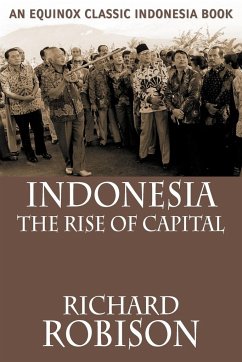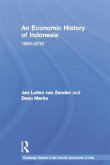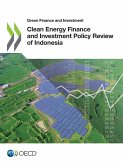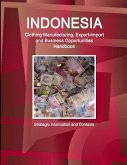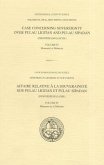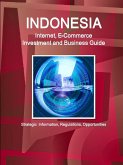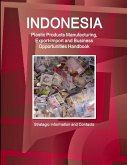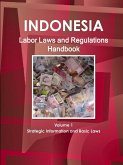Studies of Indonesian politics have long focused upon the military and the bureaucracy because it is within these institutions that formal power is located, not the parties, unions, chambers of commerce or corporations. However, such an approach can neglect the powerful influences exerted upon the state by social and economic forces. This important and controversial new book examines the way in which one of these forces, capital, has emerged in the past two decades as a major influence upon the state, its officials and policies. The emergence of the capitalist class is examined, along with its internal divisions and conflicts and its relations with the state. In particular, attention is given to the fusion of the ruling strata of state officials and the capitalist class - the potential basis for a new ruling class. This is set against the weakness of capital caused by its division into domestic and international, state and private, Chinese and indigenous. These factors are in turn set in the context of international influences - the rise and fall of the oil boom, the activities of the IBRD and IMF, the decline of export earnings and the fiscal difficulties of the state. Since its original publication in 1986, Indonesia: The Rise of Capital has been the best selling academic book on Indonesian politics and the most cited in the SSCI and Google Scholar citation indexes. About the Author At the time of this publication in 1986, Richard Robison was Senior Lecturer in the Asian Studies Program at Murdoch University. He is now Emeritus Professor at Murdoch University and has been Professor of Political Economy at the International Institute of Social Studies in The Hague (2003-2006) and Professor and Director of the Australian Research Council's Special Centre for Research on Political and Social Change in Contemporary Asia (1995-1999). He is the author, editor of 14 books and has published in major international journals, including World Politics, World Development, Pacific Review, New Political Economy and the Journal of Development Studies. Professor Robison has been awarded Senior research fellowships from the Fulbright Foundation and the Leverhulme Trust.
Hinweis: Dieser Artikel kann nur an eine deutsche Lieferadresse ausgeliefert werden.
Hinweis: Dieser Artikel kann nur an eine deutsche Lieferadresse ausgeliefert werden.

